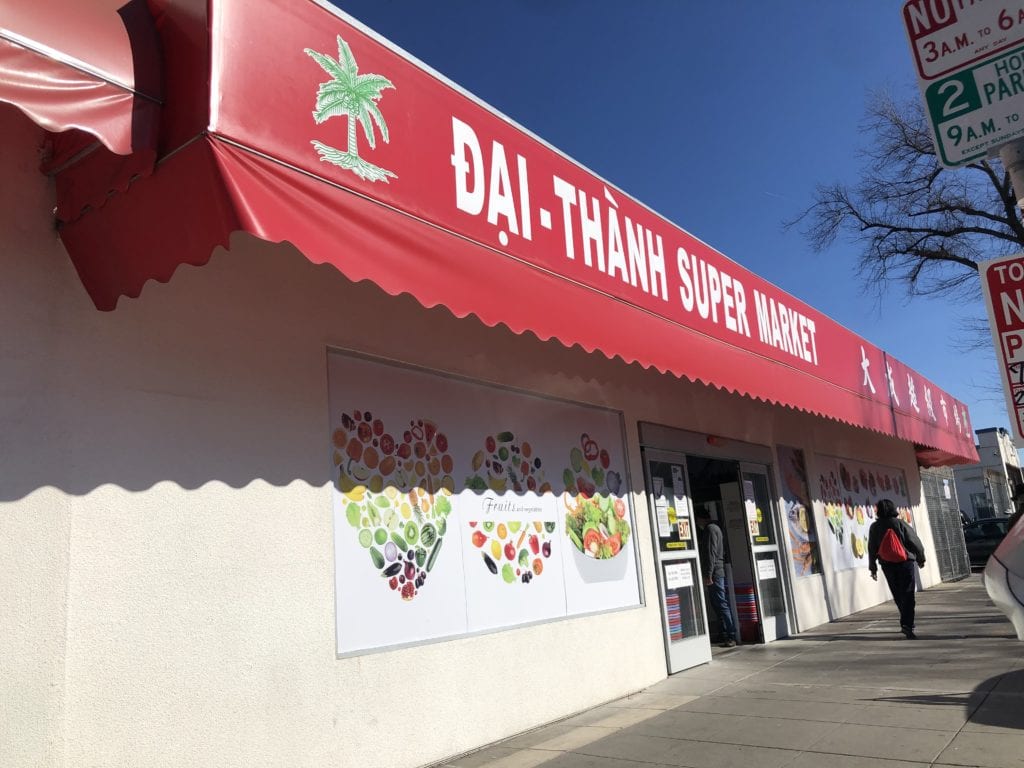San Jose lawmakers took steps this week to deter hate crimes and protect would-be victims after a string of seemingly xenophobic attacks targeting Asian American elders around the Bay Area hit close to home just before Lunar New Year.
Elected officials, including members of the California Asian Pacific Islander Legislative Caucus and the Alameda County District Attorney’s Office, responded with plans to reintroduce a 2017 bill to establish a statewide hate crimes hotline and form a special response unit focused on crimes against Asians.
But in San Jose, where Asian American residents make up 31% of the city’s population, the issue has not received much attention, local advocates said. These incidents have highlighted a disturbing trend of hate and violence borne of anti-Asian rhetoric surrounding COVID-19.
Councilmember Raul Peralez, who is a family friend of a Vietnamese woman recently robbed in downtown San Jose, agreed.
Peralez led an effort last April to condemn racist language related to COVID-19 used against Asian communities and request city officials draft a plan to combat xenophobia. The effort has been sidelined because of the pandemic, he said. At Wednesday’s Rules and Open Government Committee meeting, Peralez introduced a new proposal in hopes of reviving the effort.
“Two weeks ago, it got a little bit more personal,” Peralez told San José Spotlight. “An attack on our friends in the community is like an attack on our own family.”
The committee unanimously approved Peralez’s plan, which directs city leaders to host community listening sessions, plan safety workshops and partner with the District Attorney’s Office on efforts to address hate crimes.
A series of crimes
A week before Lunar New Year, a 64-year-old woman went shopping downtown in preparation for her favorite holiday. She bought an array of different Vietnamese treats from Dai Thanh market and withdrew $1,000 worth of crisp new bills for a gift-giving tradition, “lì xì.”

The woman, who made San Jose her home after immigrating with her husband in 1979, was loading her groceries into the car, when a man jumped into her passenger seat and snatched her purse.
The woman’s daughter, Kathy Duong, wrote an essay last week for Vogue detailing the incident. Duong declined to comment for this story.
“My sisters and I are grateful she was unharmed and what she lost can be replaced,” Duong wrote. “But … it’s much more difficult to replace her sense of security and trust.”
Within a week of the robbery, a series of violent crimes against Asians and Asian American elders were reported around the Bay Area: 84-year-old Vicha Ratanapakdee was knocked to the ground and killed in San Francisco; In Oakland’s Chinatown a 91-year-old, a 60-year-old and a 55-year-old were attacked; an Asian man was assaulted and robbed in San Leandro.
It’s unclear whether the attacks were racially motivated. Regardless, local activists are sounding the alarm. Last Friday, more than 60 local groups signed a joint statement urging solidarity and demanding action from local leaders.
A problem of the past and future
Between March and December last year, more than 700 anti-Asian incidents were reported in the Bay Area, according to Stop AAPI Hate, a San Francisco State University-based project.
After San Francisco, San Jose had the second most incident in the Bay Area — 58 since the pandemic began — followed by Oakland.
Anti-Asian sentiment is not a new phenomenon, said Erica Boas, a San Jose-based educator and a member of San Jose Nikkei Resisters, a grassroots group of Japanese Americans. Name-calling and acts of dehumanizing people of Asian descent have been part of a history of anti-Asian racism in the United States. Since last March, with the former president fueling racist rhetoric, Asian Americans have become a scapegoat for frustration and anxiety around COVID-19.
[optin-monster slug=”yxup4h1fcich5uxtdvtn”]
Many Asian-owned businesses in San Jose became a target when COVID-19 first hit.
“The psychological aspects of this moment have been deep,” Boas said. “We’ve all needed a way to work through our anxiety, and one of the ways is through an increase in violence against the scapegoated group.”
Responding to the surge in violent crimes against Asian Americans, San Jose police have vowed to increase patrolling downtown, a move welcomed by some residents. But others say it’s not a solution.
“My grandmother lives in downtown San Jose, and I worry about her safety constantly,” San Jose State student Kim Ngo told lawmakers Wednesday. “But I personally don’t think that increasing police presence in downtown will make us feel any safer.”
Ngo urged the city to follow community initiatives like those in Oakland, where residents have volunteered to patrol and escort elderly members around the city.
More than 60 local organizations signed onto a joint statement by Asian Americans for Community Involvement (AACI) stressing the importance of cooperation between marginalized communities. As the U.S. struggles in its COVID-19 response and vaccine rollout, communities of color have borne the brunt of virus infections, deaths and unemployment.
Proactive prevention
San Jose will launch community listening sessions in early March, city officials said at the Rules Committee meeting. The goal is to collect communities’ perspectives to help the City Council form short- and long-term solutions, Peralez said.
San Jose Acting Police Chief David Tindall encouraged residents to report crimes that happened to them, even if there’s little the police can do.
Boas emphasized the work still to be done in teaching children and creating community education about xenophobia around the South Bay.
“We need children to not just see people of color as something that you talk about during one month of the year, or something that you celebrate when it’s fun,” Boas said. “We really understand each other’s history.”
Contact Tran Nguyen at [email protected] or follow @nguyenntrann on Twitter.



Leave a Reply
You must be logged in to post a comment.